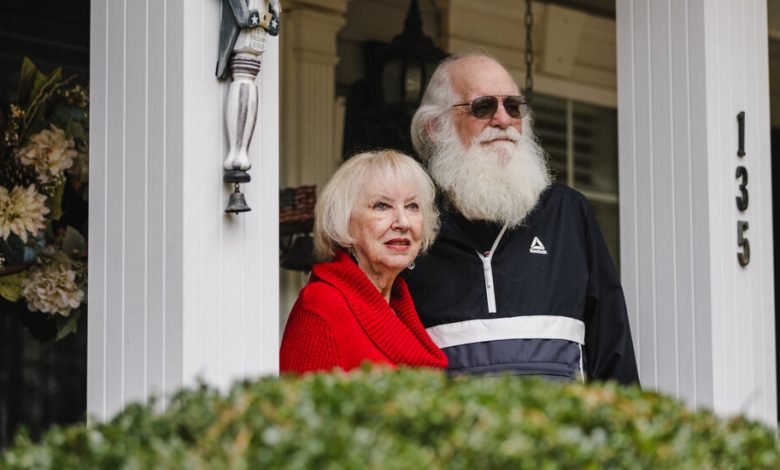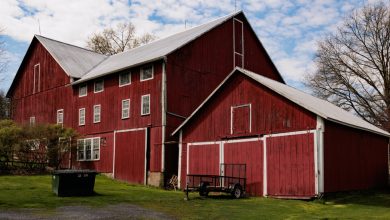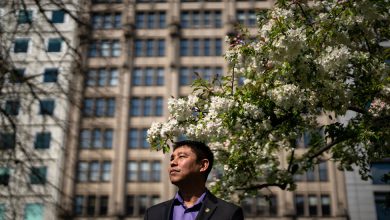How Did Haley’s South Carolina Become Trump Country? Ask the Tea Party.

When Nikki Haley ran for governor of South Carolina in 2010, one of her early campaign stops was the Aiken, S.C., living room of Claude and Sunny O’Donovan.
Mr. O’Donovan, the co-founder of a local Tea Party group, had invited Ms. Haley and other candidates to make their case to the conservative activists of Aiken County, a heavily Republican enclave of golf courses and retirement communities. The crowd that gathered around the O’Donovans’ coffee table numbered only a couple of dozen. But the retired couple was smitten.
“We fell in love with her,” Mr. O’Donovan, 85, said. “She was a dynamite gal.”
A digital picture frame in the O’Donovans’ home still displays a photograph of Ms. Haley at the meeting. But on Feb. 24, when Ms. Haley faces Donald J. Trump in South Carolina’s Republican presidential primary, both of the O’Donovans plan to vote for Mr. Trump.
“I think he has the values of the Tea Party,” Mrs. O’Donovan, 84, said. “It was for the people, and I see Trump as being for the people.”
Recent polls show Mr. Trump leading Ms. Haley by 36 points in South Carolina. A decisive loss would move the Republican nomination further out of reach and provide a painful coda to her political career in her home state.
A Trump win in South Carolina would also write the final chapter of one of the most important political stories of the last decade: the story of how Mr. Trump entered politics amid a transformative grass-roots movement and then absorbed that movement into his own.




